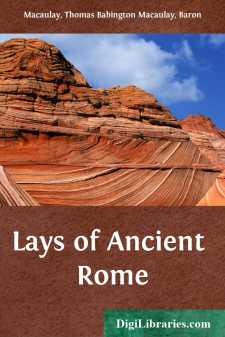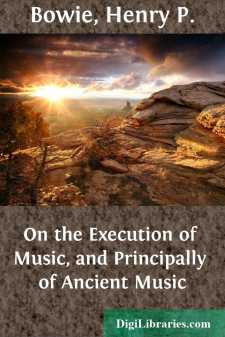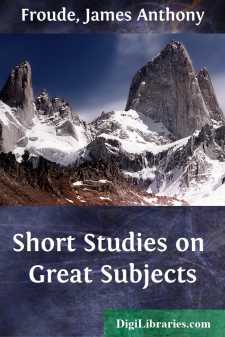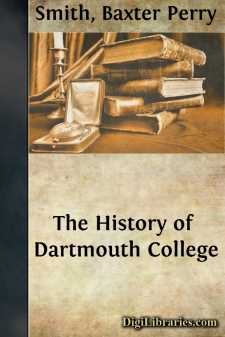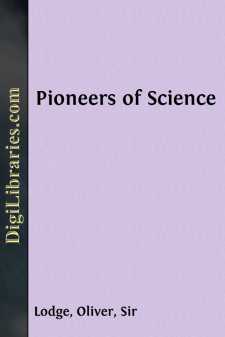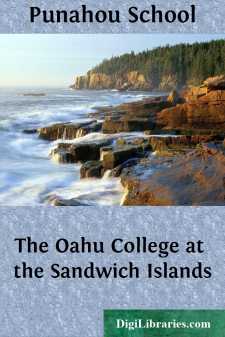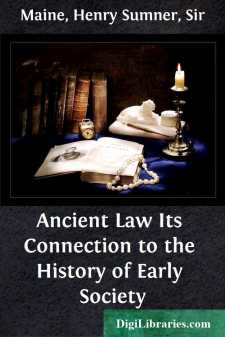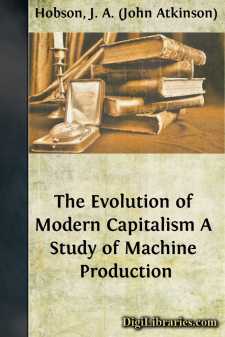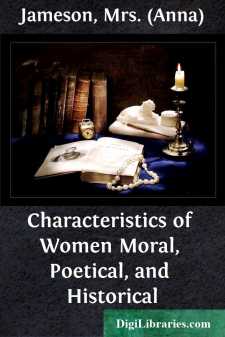History
- Africa 30
- Americas (North Central South West Indies) 50
- Ancient 68
- Asia 58
- Australia & New Zealand 8
- Canada 41
- Caribbean & West Indies 1
- Civilization 20
- Eastern Europe 12
- Europe 310
- Expeditions & Discoveries 60
- General
- Historical Geography 1
- Jewish 9
- Latin America 3
- Medieval 8
- Middle East 14
- Military 248
- Revolutionary 8
- Study & Teaching 5
- United States 353
- Western Europe 56
- World 13
General Books
Sort by:
That what is called the history of the Kings and early Consuls of Rome is to a great extent fabulous, few scholars have, since the time of Beaufort, ventured to deny. It is certain that, more than three hundred and sixty years after the date ordinarily assigned for the foundation of the city, the public records were, with scarcely an exception, destroyed by the Gauls. It is certain that the oldest...
more...
by:
Henry P. Bowie
USIC was written in a scrawl impossible to decipher up to the thirteenth century, when Plain Song (Plain Chant) made its appearance in square and diamond-shaped notes. The graduals and introits had not yet been reduced to bars, but the songs of the troubadours appear to have been in bars of three beats with the accent on the feeble note of each bar. However, the theory that this bar of three beats or...
more...
THE SCIENCE OF HISTORY: A LECTURE DELIVERED AT THE ROYAL INSTITUTION February 5, 1864. Ladies and Gentlemen,—I have undertaken to speak to you this evening on what is called the Science of History. I fear it is a dry subject; and there seems, indeed, something incongruous in the very connection of such words as Science and History. It is as if we were to talk of the colour of sound, or the longitude...
more...
INTRODUCTION. The most valuable part of a nation's history portrays its institutions of learning and religion. The alumni of a college which has moulded the intellectual and moral character of not a few of the illustrious living, or the more illustrious dead,—the oldest college in the valley of the Connecticut, and the only college in an ancient and honored State,—would neglect a most fitting...
more...
by:
Oliver Lodge
LECTURE I COPERNICUS AND THE MOTION OF THE EARTH The ordinary run of men live among phenomena of which they know nothing and care less. They see bodies fall to the earth, they hear sounds, they kindle fires, they see the heavens roll above them, but of the causes and inner working of the whole they are ignorant, and with their ignorance they are content. "Understand the structure of a...
more...
BRUMAIRE. THE OVERTHROW OF THE FRENCH DIRECTORY. The eighteenth century went out with the French Directory, and the nineteenth came in with the Consulate. The coincidence of dates is not exact by a year and a month and twenty-one days. But history does not pay much attention to almanacs. In general our century arose with the French Consulate. The Consulate was the most conspicuous political fact of...
more...
by:
Punahou School
THE OAHU COLLEGE. In the year 1841, a school was commenced, for the children of missionaries, at Punahou, near Honolulu, Sandwich Islands. Five year ago, it was opened to others besides the children of missionaries. The number of pupils has varied from thirty to sixty, and the whole number of pupils, up to September, 1854, was one hundred and twenty-two. In May, 1853, the Hawaiian Government...
more...
INTRODUCTION No one who is interested in the growth of human ideas or the origins of human society can afford to neglect Maine's Ancient Law. Published some fifty-six years ago it immediately took rank as a classic, and its epoch-making influence may not unfitly be compared to that exercised by Darwin's Origin of Species. The revolution effected by the latter in the study of biology was...
more...
INTRODUCTION. § 1. Industrial Science, its Standpoint and Methods of Advance. § 2. Capital as Factor in Modern Industrial Changes. § 3. Place of Machinery in Evolution of Capitalism. § 4. The Monetary Aspect of Industry. § 5. The Literary Presentment of Organic Movement. § 1. Science is ever becoming more and more historical in the sense that it becomes more studiously anxious to show that the...
more...
CHARACTERISTICS OF WOMEN. INTRODUCTION. Scene—A Library. ALDA. You will not listen to me? MEDON. I do, with all the deference which befits a gentleman when a lady holds forth on the virtues of her own sex.He is a parricide of his mother's name,And with an impious hand murders her fame,That wrongs the praise of women; that dares writeLibels on saints, or with foul ink requiteThe milk they lent...
more...


